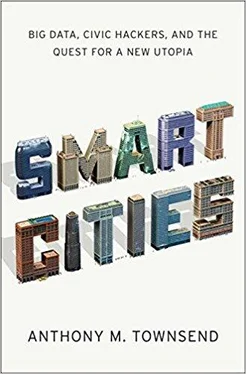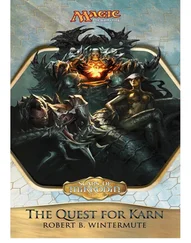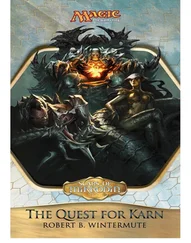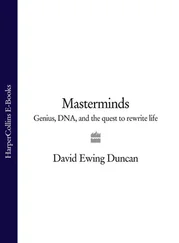Anthony M. Townsend - Smart Cities - Big Data, Civic Hackers, and the Quest for a New Utopia
Здесь есть возможность читать онлайн «Anthony M. Townsend - Smart Cities - Big Data, Civic Hackers, and the Quest for a New Utopia» весь текст электронной книги совершенно бесплатно (целиком полную версию без сокращений). В некоторых случаях можно слушать аудио, скачать через торрент в формате fb2 и присутствует краткое содержание. Жанр: Технические науки, на английском языке. Описание произведения, (предисловие) а так же отзывы посетителей доступны на портале библиотеки ЛибКат.
- Название:Smart Cities: Big Data, Civic Hackers, and the Quest for a New Utopia
- Автор:
- Жанр:
- Год:неизвестен
- ISBN:нет данных
- Рейтинг книги:3 / 5. Голосов: 1
-
Избранное:Добавить в избранное
- Отзывы:
-
Ваша оценка:
Smart Cities: Big Data, Civic Hackers, and the Quest for a New Utopia: краткое содержание, описание и аннотация
Предлагаем к чтению аннотацию, описание, краткое содержание или предисловие (зависит от того, что написал сам автор книги «Smart Cities: Big Data, Civic Hackers, and the Quest for a New Utopia»). Если вы не нашли необходимую информацию о книге — напишите в комментариях, мы постараемся отыскать её.
Technology forecaster Townsend defines a smart city as an urban environment where information technology is combined with infrastructure, architecture, everyday objects, and even our bodies to address social, economic, and environmental problems. They're already being made, usually piecemeal but sometimes wholesale (as in planned automated cities like South Korea and Cisco's somewhat ill-fated Songdo), and involve refashioning old systems like the electricity grid as well as deploying the latest infrastructure—such as the network of radio waves operating our wireless gadgets—and much more. Of interest to urban planners and designers, tech leaders, and entrepreneurs, Townsend's globe-hopping study examines the trend toward smart cities while addressing pros and cons, as top-down corporate models develop alongside communitarian and entrepreneurial initiatives. Skeptical of the vision and influence of tech giants, Townsend points to smaller stories in making the case that local ingenuity should lead the way, albeit in concert with the corporate innovation and power. The author's perspective is based partly on direct experience (among other things, he was an organizer, in 2002, of NYCwireless, an open-source group distributing free Wi-Fi access in Manhattan). The autobiographical passages and close readings of other scrappy innovators are the most enjoyable part of this impressive survey, which tries to secure democratic impulses amid a new gold rush. Agent: Zoë Pagnamenta, Zoë Pagnamenta Agency. (Oct.)
From Everyone these days is familiar with smartphones and smart homes (even if most can’t afford the latter), but how many people are familiar with smart cities? While there is no master controller—at least not yet—who manipulates apps that keep a city running, increasingly such things as traffic patterns, sewage flow, and street lighting are all being guided by sophisticated software. In this far-reaching overview of all the ways computer technology is transforming life for today’s metropolitan dwellers, urban planning specialist Townsend takes a look at how modern cities around the world are upgrading their infrastructure for the Internet age. From New York to Beijing, city mayors are partnering with organizations like Siemens and IBM to strengthen networks, communications, and crisis-intervention tools such as monitoring flu outbreaks. Although the omnipresent surveillance that accompanies this interconnectivity may make some readers nervous, Townsend persuasively demonstrates how ubiquitous information resources can provide more protection, as it did in the Boston marathon bombing case, and facilitate a more comfortable, less stress-inducing city-living experience. --Carl Hays












